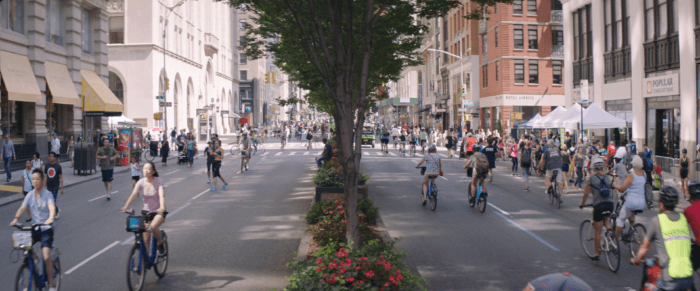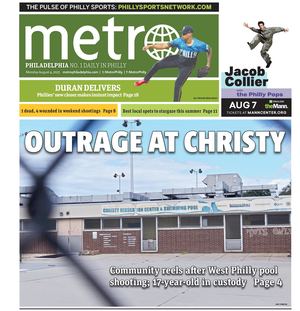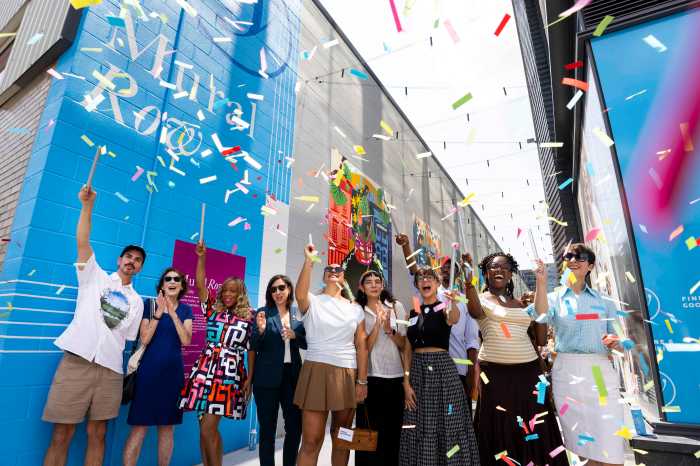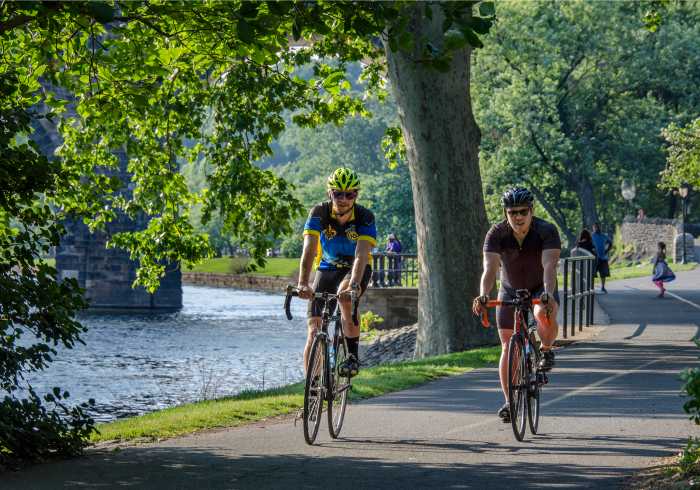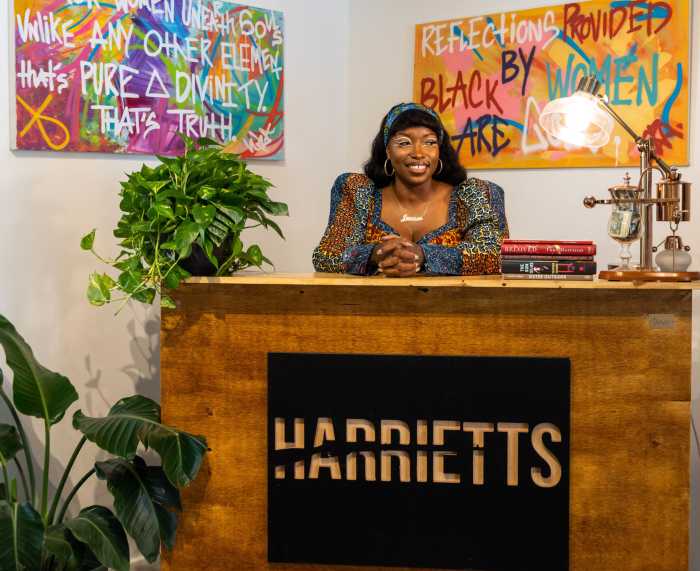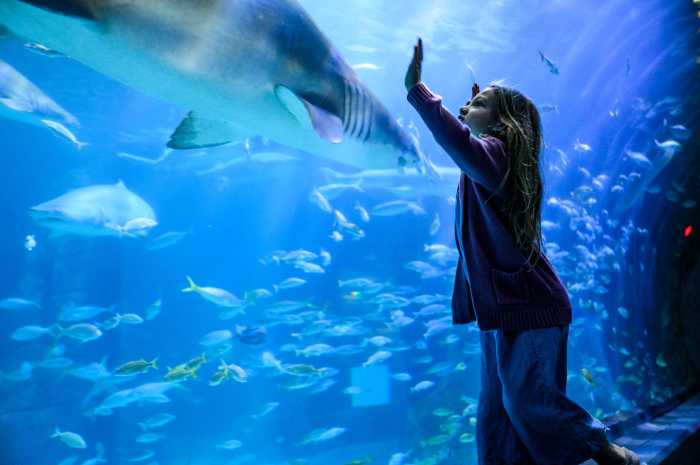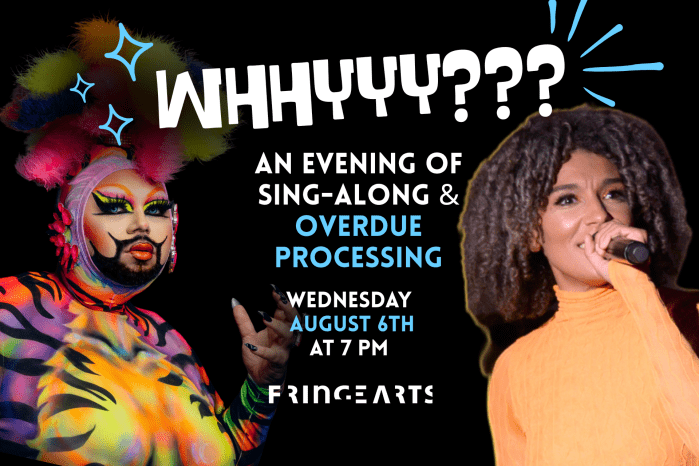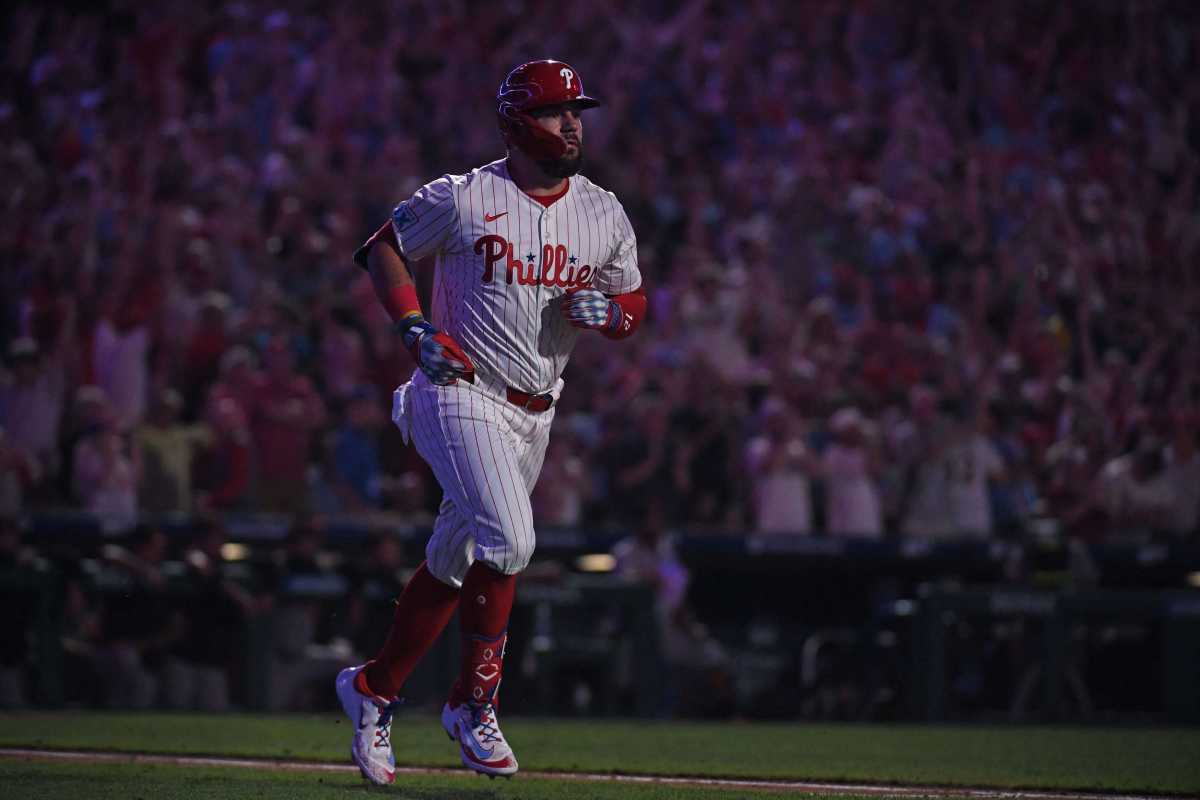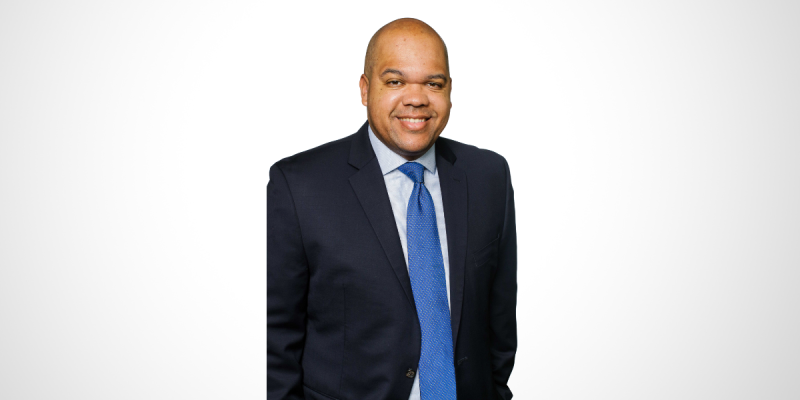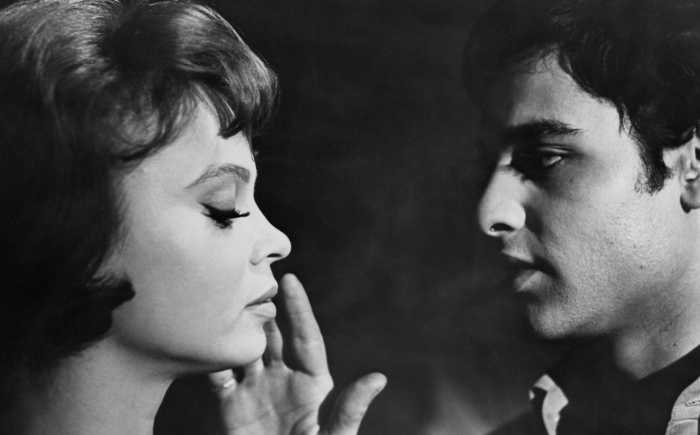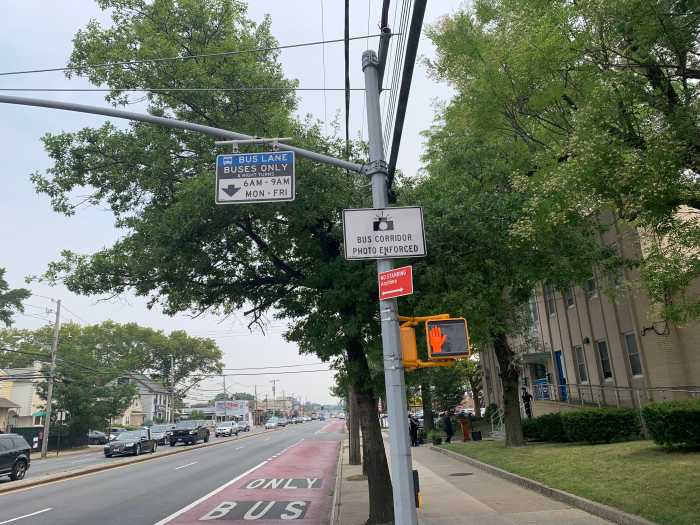Lately, conversations surrounding the future of our world’s environment have not exactly been positive. In short, people are scared about what planet Earth will look like for our kids, grandkids and beyond. It’s certainly easy to get caught up in all of the facts and figures and see what impending doom may be on the horizon—but bad news isn’t all that can be taken from discussions involving Mother Nature.
Director Damon Gameau has created a documentary that is not only informative, but also optimistic. The Australian actor and filmmaker decided to embark on a research journey to find intelligence that will educate people on the future of our world and showcase how we can help without also fear mongering audiences. Gameau does so with interesting discussions with scientists, academics, economists and thinkers, and by also implementing animation techniques to help move along the narrative. The result is a thoughtful documentary that will certainly help motivate those who are feeling a bit helpless regarding this movement.
‘2040’ will be dropping on VOD June 5, which also happens to be World Environment Day, and Gameau discussed with Metro what audiences can expect from his latest powerful work of art.
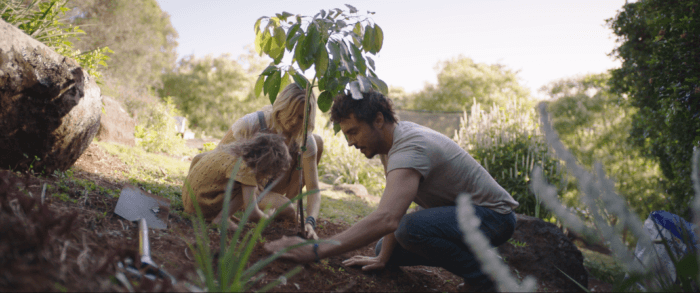
Where did the idea for 2040 first spark from?
I was a father of a 3-year-old who was scared for my daughter’s future. I wanted to see if there were things we could do about our ecological dilemmas. The more I researched, the more I felt better about our collective future. We need hope as humans and there are many hopeful stories out there, we just don’t hear about them nearly enough.
What went into preparing for this film? How much time and what kind of research went into it all?
Myself and researches spent eight months interviewing almost 100 scientists, academics, economists and thinkers. We had a white board with almost a hundred solutions then narrowed them down to the ones with the most cascading benefits to society… not just the environment.
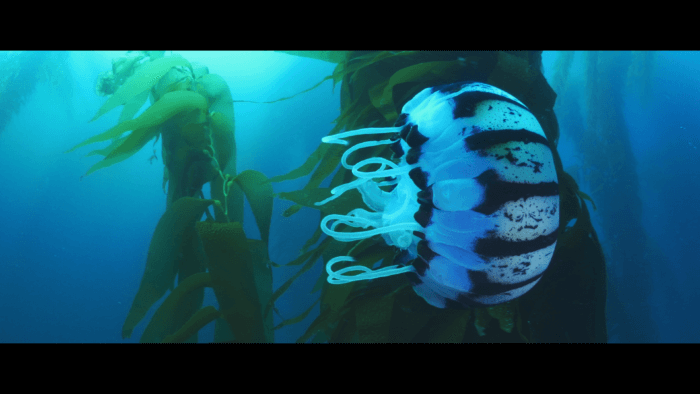
How did you find the contributors for the film? They were all fascinating, but was there one in particular that you talked to that really stood out?
Again, extensive research. Paul Hawken and his work on Project Drawdown is remarkable and Kate Raworth’s donut economics model couldn’t be more important than in this current moment.
I loved the way you were able to implement different filming techniques in different scenes. Can you tell me more about what went into creating those animations and why they were important to include?
I thought that if you are going to create a vision of the future, the graphics have to be of the highest quality. You are selling the idea of a better world and Hollywood spends a lot of money creating authentic dystopian futures, so we spent a lot of time getting them right. I also believe that documentaries don’t have to be dry, serious [or] reverential, they can also be fun and engaging and cater to broader audiences.
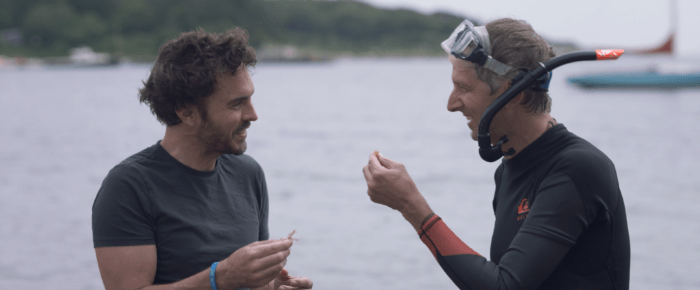
One aspect I truly loved about the film was that it was uplifting, and it did have a positive outlook on the future. For the most part, much of what we read and see is kind of the opposite when it comes to the environment—why did you choose to keep the focus optimistic?
Yes, optimistic but also practical. This is the idea of ‘fact based dreaming.’ Everything I show in the future has to already exist today, nothing is made up. That would be utopian and fanciful (and really bad parenting). Lots of research now shows that only using negativity and fear based approaches can paralyses people and disengage them… we need to bring people in by showing solutions plus highlight what other people are doing to solve these problems and what life could look like on the other side of this crisis. “To be truly radical is to make hope possible, rather than despair convincing” said Raymond Williams.
Overall what do you hope people take away from the film?
We have everything we need right now to create a better future for all living systems. We are not waiting for a silver bullet or technology. We just need the political will and to remove the vested interests.
